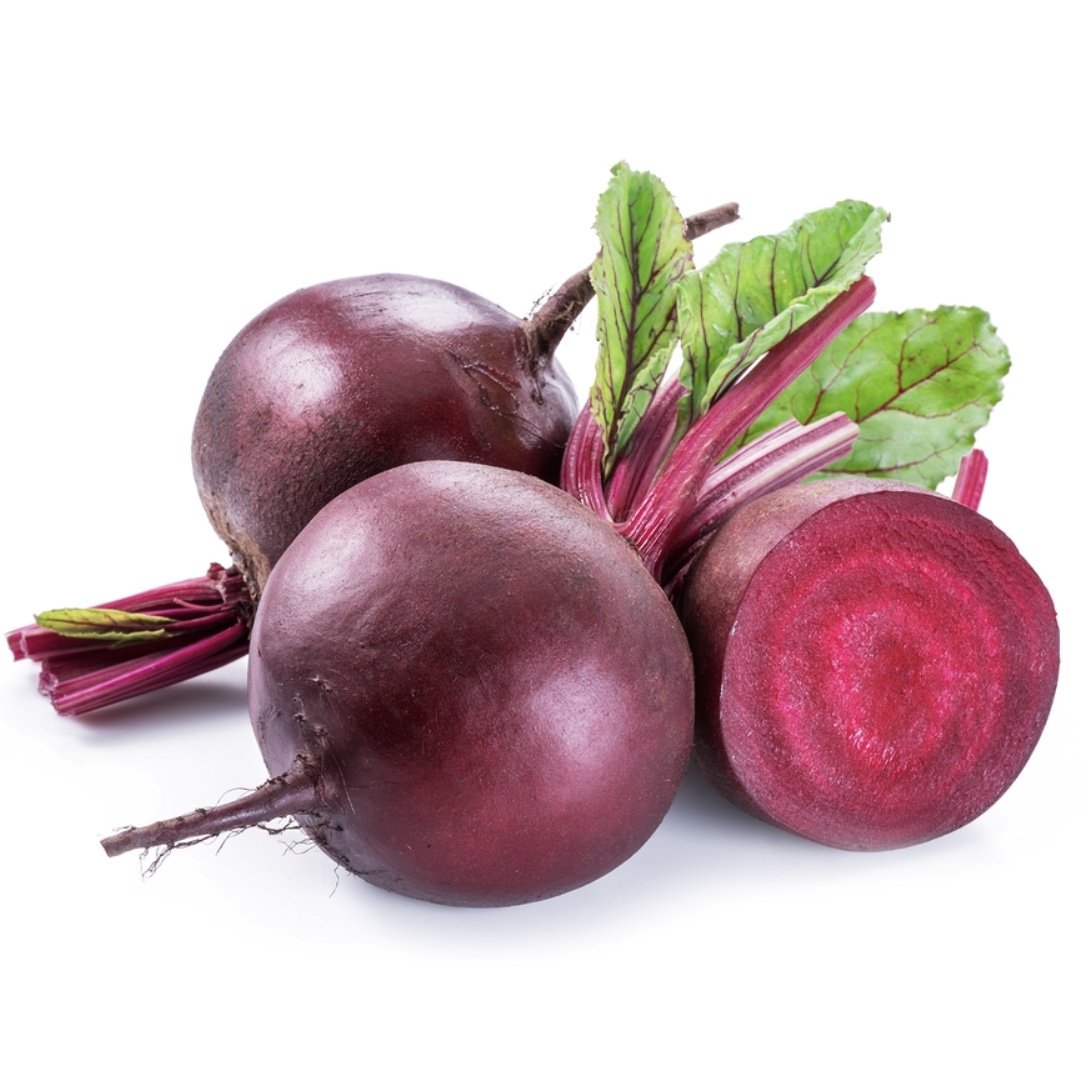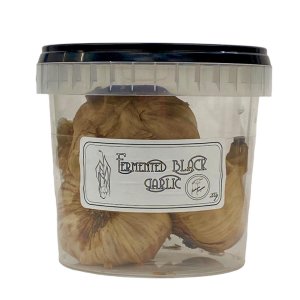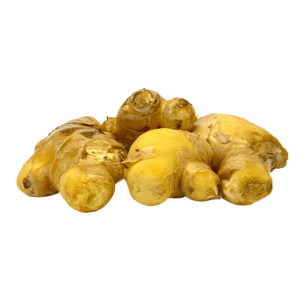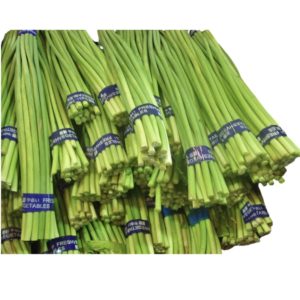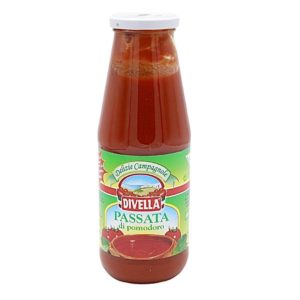FREE DELIVERY. Conditions Apply*
orders@bivianodirect.com.au (03) 9497 4338- Shop
Fresh Fruits
A selection of fresh and tropical fruits
Fresh Vegetables & Herbs
A Selection Of Vegetables & Herbs
Meat & Poultry
A selection of Prime Meats and Poultry. From our In-House Butcher
Groceries & Pantry Goods
A selection of Grocery items and Pantry Goods
Household Essentials
Selection Of Household EssentialsFruit & Veg Boxes / Pre Cut Fruit & Veg
Fruits & Veg Boxes. Ready Cut Fruit and Veg
Dairy Goods & Deli
Fresh Milk, Eggs, Cheese, Cream, Butters, Yoghurt, Dips
Ready Made At Home Meals
A selection of ready made at home mealsFrozen Goods
A selection of Frozen Goods
International Foods
A selection of Mediterranean & Middle Eastern Foods
Seafood (Fresh Daily)
Selection of Fresh & Frozen Seafood Delivered Daily
Smallgoods
A selection of Prime Quality locally made and imported SmallgoodsGluten Free, Dairy Free & Nut Free Products
Selection Of Dairy Free, Gluten Free and Nut Free Products
Juices & Beverages
A selection of Juices / Beverages and In-House juices.
- Specials
- New Products
- Wholesale Customers
- About Us

